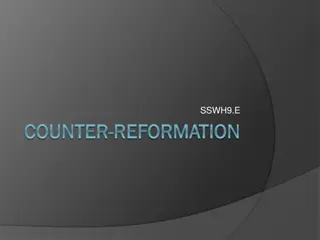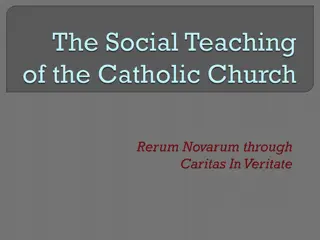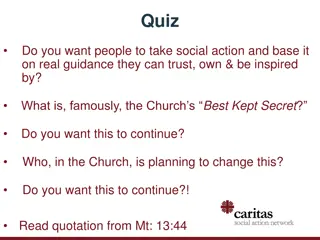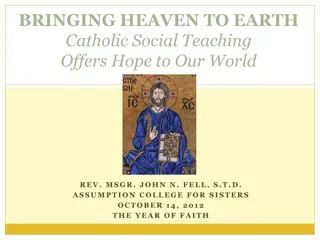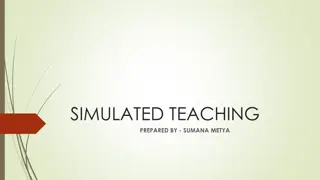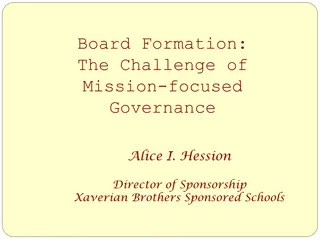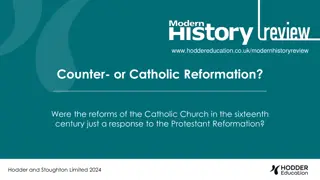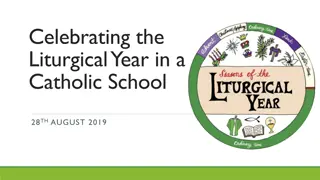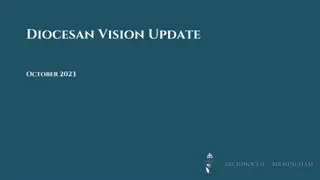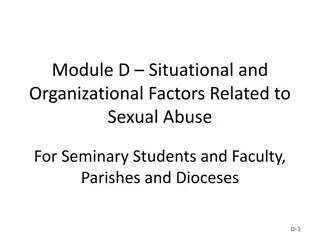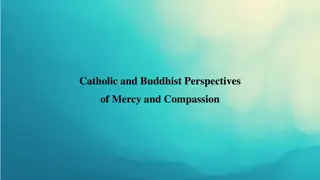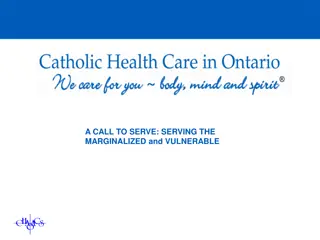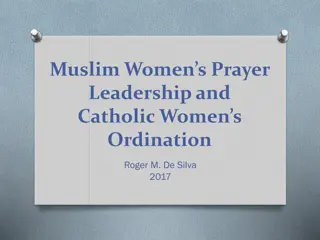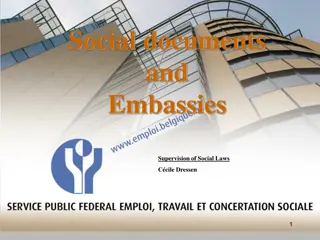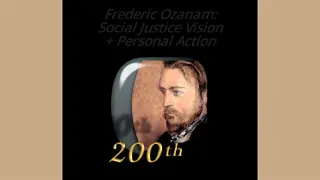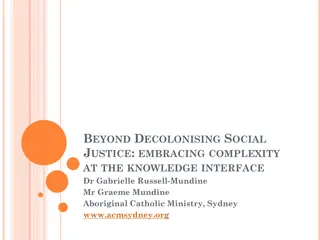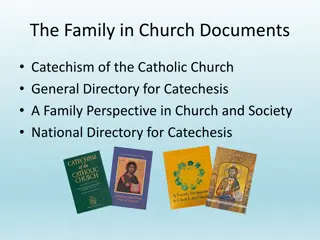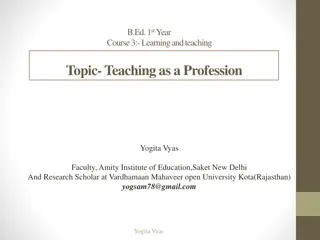Understanding Catholic Social Teaching Through Key Documents
Catholic Social Teaching (CST) is rooted in biblical faith and aims to promote social justice, peace, and human dignity. Key documents like Rerum Novarum, Pacem in Terris, and Laborem Exercens provide insights on fair treatment, the role of individuals in society, and the Church's call to serve those in need. CST emphasizes the importance of upholding justice, equality, and compassion in building a more just and humane world.
Download Presentation

Please find below an Image/Link to download the presentation.
The content on the website is provided AS IS for your information and personal use only. It may not be sold, licensed, or shared on other websites without obtaining consent from the author. Download presentation by click this link. If you encounter any issues during the download, it is possible that the publisher has removed the file from their server.
E N D
Presentation Transcript
The Big Four Lyn Smith: lyns@cda.org.nz
Justice (Tika) (noun) 1. The quality of being just or fair. 2. The principle of fair treatment or conduct. 3. The administration of law. 4. A judge or magistrate. (The Reed Dictionary of New Zealand English 2001)
CST is based upon: Biblical insights: Old Testament prophets & the inspiration of Jesus preaching the Good News. The tradition of the early writers of the Church. Philosophy & Theological reflection & Contemporary experience of the People of God struggling to live out faith in justice.
The central message is simple: Our faith is profoundly social. We cannot be called truly Catholic unless we hear & heed the Church s call to serve those in need & work for justice & peace. Communities of Salt & Light US Bishops 1993.
This (CST) teaching rests on one basic principle, Individual human beings are the foundation, the cause & the end of every social institution.. On this basic principle which guarantees the sacred dignity of the individual, the Church constructs the whole of her social teaching. Mater et Magistra, Typis Polyglottis Vaticanis 1961, No.58. John XXIII
In biblical faith, the doing of justice is the primary expectation of Yahweh. Walter Brueggeman
Which documents are agreed in general to be CST? 1891 Leo XIII Rerum Novarum (On the Condition of Labour) 1931 Pius XI Quadragesimo Anno (Reconstructing the Social Order)t Magistra (Christianity Social Progress) 1963 John XXIII Pacem in Terris (Peace on Earth) 1965 Vatican II Dignitatis Humanae (Decree on Religious Liberty) 1967 Paul VI Populorum Progressio (On the Development of Peoples) 1971 Paul VI Octogesima Adveniens (Call to Action) 1971 Synod Justitia in Mundo (Justice in the World) 1981 John Paul II Laborem Exercens (On Human Work) 1987 John Paul II Sollicitudo Rei Socialis (On Social Concern) 1991 John Paul II Centesimua Annus (One Hundred Years of Catholic Social Teaching)
Deus caritas est Pope Benedict XVI 25 Dec 2005 Spe salvi Pope Benedict XVI 30 Nov 2007 Caritas in veritate Pope Benedict XVI 29 June 2009 Lumen Fidei Pope Francis 29 June 2013 Evangelii gaudium: Apostolic Exhortation Pope Francis 24 Nov 2013 Laudato si Pope Francis 24 May 2015 Amoris Letitia Pope Francis 2016 Gaudete et exsultate Pope Francis March 2018 Christus vivit Pope Francis 2019 Fratelli Tutti Pope Francis 2020
The permanent principles of the Churchs social doctrine constitute the very heart of Catholic social teaching. These are the principles of: the dignity of the human person, which is the foundation of all other principles and content of the Church s social doctrine; the common good; subsidiarity; and solidarity. The Compendium of Social Doctrine of the Church 160
Core Principle: Human Dignity: I am made in the image & likeness of God Atua Te Mana I Te Tangata
Core Principle: Common Good: Accepting what is best for humanity! He painga ma te katoa
Core Principle: Solidarity: Standing with our brothers & sisters Whakawhanaungatanga
Core Principle: Subsidiarity: Decisions made with & by those involved Mana whakahaere
Other named CST Principles: Justice is an essential aspect of faith Justice requires a preferential option for the poor Justice respects rights & responsibilities Justice is an expression of love Justice demands participation Justice calls for the fair distribution of resources Justice acknowledges the dignity of the natural world Justice promotes peace
Let us ask the Holy Spirit to pour out upon us a fervent longing to be saints for God s greater glory, let us encourage one another in this effort Gaudete et exsultate Pope Francis 2018
Education for justice is not just an activity for the classroom or Church community. This important task requires a whole school focus. Justice needs to be shown at all levels of interaction on the local scene before we can attempt to address justice issues on a global level. Think globally act locally! SEE JUDGE - ACT
What does this mean for us as educators in the Catholic Tradition? We need to continue to discover / review / encourage: Proclaiming the word of God (kerygma martyria); Celebrating the sacraments (leitourgia) & Exercising the ministry of charity (diakonia). We could add: Remember and emphasise our Call to Holiness (Benedict XVI Deus Caritas Est, 2005. #25 / NZCBC, The Catholic Education of school-aged children, 2014. #6).
Waiho I te toipoto, kaua I te te toiroa. Let us keep close together, not wide apart. Photograph: LMS 2020
QUESTION(S): How can the Church address the issues of injustice in society when it does not always appear to address them in its own house? And / or What are some of the justice issues that you are dealing with in your school context?







